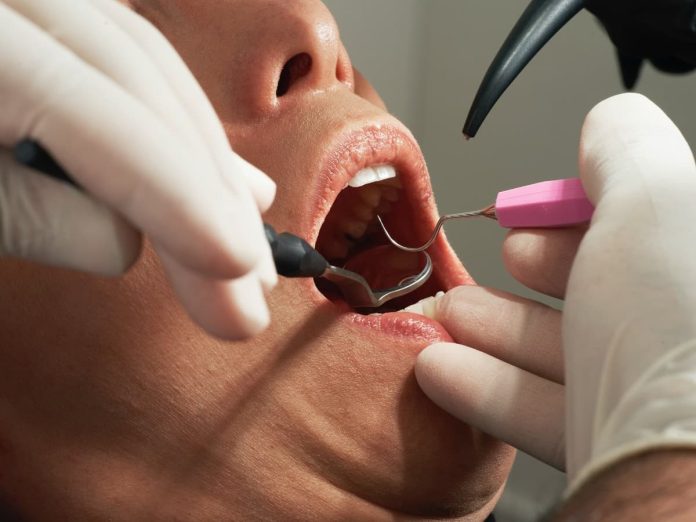Dental issues are some of the most common health problems that people face. In fact, nearly half of all adults in the US have gum disease, and over 90% have had tooth decay at some point in their life. Oral health problems can range from cavities to more severe issues like oral cancer. Many factors, either directly or indirectly, can contribute to poor oral health.
As a crucial part of your overall health and well-being, maintaining good oral health should be a lifelong commitment. The good thing is that there are many things that you can do to keep your teeth clean and healthy. On top of that, you may need professional dental cleaning and checkups at least twice a year.
Your dentist may also recommend various treatment options and explain to you what are dental veneers and how they can improve your smile and oral health. However, observing proper oral and dental hygiene can help you avoid long-term health issues and costly dental procedures. In this post, we’ll look at some of the factors that may increase your risk of oral health problems, so you can take the proper steps to prevent them:
Table of Contents
1. Excessive Tobacco Use
Tobacco chewing and smoking can lead to a wide range of health complications, including long-term effects on your oral health. According to the CDC, tobacco smoking is one of the main risk factors for gum disease. In fact, the ADA reports that smoking after a dental procedure may lead to slow healing. That’s mainly because smoking tobacco harms your body’s immune system, making it challenging to heal tissues, including your mouth’s tissues.
Long-term smoking may also affect your mouth’s appearance since it can cause brownish or yellowish stains on your tongue and teeth. It can also lead to bad mouth odor. Additionally, smoking can dramatically increase your risk of inflammation and infections that can cause bone and tooth loss.
2. Snacking on sugary foods and drinks
Frequent snacking on sugary drinks and foods is another significant factor that could compromise your oral health. Eating sugary foods means feeding the bacteria in your mouth, which often causes gum disease and tooth decay. That’s because sugars usually mix with the bacteria in your mouth, forming plaque, a sticky, acidic substance that attaches to the surfaces of your teeth. These acidic substances, over time, start eroding your tooth enamel, leading to tooth decay.
The bacteria found in plaque can also cause inflammation, resulting in the breakdown of the bone, gums, and other teeth-supporting structures. You should limit or avoid consuming sugary foods that put you at risk for dental health problems. Instead, choose nutritious options like fruits, nuts, cheese, and yogurt for improved oral health and overall body health.
3. Diabetes
Certain health conditions like diabetes can also contribute to poor oral health. Diabetes can affect your dental health by compromising your body’s blood vessels. When your gum’s blood vessels are affected, you become more susceptible to developing gum infections. This can also weaken your gums and increase your risk of tooth loss.
Besides compromising your blood vessels, diabetes can also increase your blood sugar levels, resulting in bacterial overgrowth in your mouth. This increases your likelihood of developing infections and cavities.
Endnote
Many factors can contribute to poor oral health, leading to infectious and chronic dental diseases. Understanding these factors can help you take good care of your teeth and improve oral health. Consistently practicing good oral hygiene, like flossing and tooth brushing, can help you maintain oral health. You should also visit your dentist for professional cleaning and checkups at least every six months.




